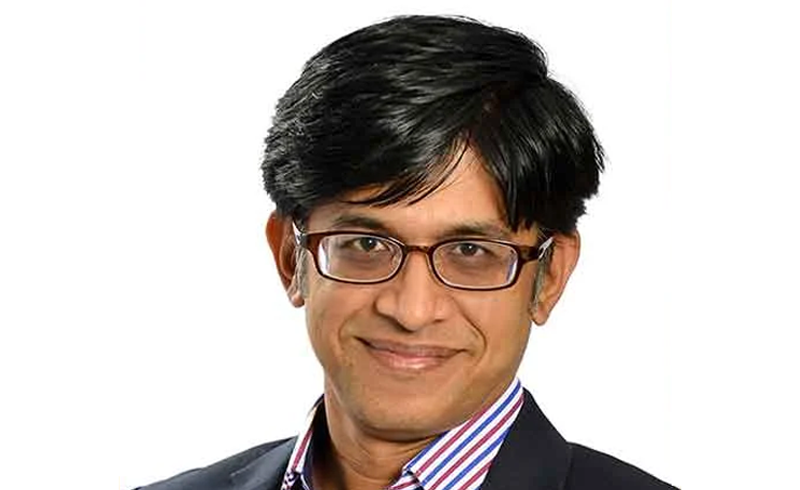
Mani Shankar Aiyar’s Controversial Comments on Rajiv Gandhi: A Political Storm Unleashed
Congress veteran Mani Shankar Aiyar has once again found himself at the center of controversy, this time for his remarks on former Prime Minister Rajiv Gandhi’s academic failures at Cambridge and Imperial College, London. His statements have provided fresh ammunition to the ruling BJP, leading to a political storm. While the BJP has amplified his comments, Congress leaders have dismissed Aiyar as “irrelevant and frustrated,” with some even accusing him of being a “sleeper cell of the BJP.” Aiyar’s Remarks and the Context During a two-and-a-half-hour interview aired on the YouTube portal The Ewer (Chill-Pill), Aiyar responded to a question about Rahul Gandhi’s leadership abilities. In his response, he delved into the political evolution of the Gandhi family, mentioning how Indira Gandhi was initially perceived as a "mute doll" before emerging as a formidable leader. He then referenced Rajiv Gandhi’s academic struggles, stating, “He is a pilot. He has failed twice. I was with him at Cambridge. He failed there. And failing in Cambridge is very difficult. It is easy to get a first-class. Then he went to Imperial College, London, and failed again. So, I thought, how can such a person be Prime Minister?” However, Aiyar later clarified in the interview that Rajiv Gandhi turned out to be an excellent Prime Minister. He also spoke about Sonia Gandhi’s initial challenges and how she became a central figure in Indian politics. He admitted to not knowing how Rahul Gandhi functioned but suggested that the family’s history showed a pattern of leaders proving themselves over time. BJP’s Response: A Political Opportunity The BJP wasted no time in leveraging Aiyar’s remarks. Senior BJP leader Amit Malviya shared the viral clip-on social media, stating, “Rajiv Gandhi struggled academically, even failing at Cambridge, where passing is relatively easy. He then moved to Imperial College London but failed there as well... Many questioned how someone with his academic record could become the Prime Minister. Let the veil be stripped.” The BJP’s attack follows a history of controversial statements by Aiyar that have previously benefitted the ruling party. Notably, his infamous "chaiwala" jibe at Narendra Modi in 2014 was effectively used by the BJP to rally public sentiment in their favour. Additionally, his “neech aadmi” remark in 2017, directed at Modi, was seen as an elitist slur, further damaging the Congress party’s image. Congress’s Reaction: Distancing Itself from Aiyar Congress leaders, on the other hand, have sought to downplay the controversy. Party veteran Harish Rawat dismissed Aiyar’s comments as those of a “frustrated individual,” while emphasizing Rajiv Gandhi’s contributions to modernizing India. Congress MP Tarique Anwar defended Rajiv Gandhi, saying, “Failing is not a big deal; even the best people fail sometimes. But he did not fail in politics. When he was given the responsibility and became Prime Minister, I believe there have been very few Prime Ministers in our country who have achieved as much in just five years.” Some Congress leaders have taken a more aggressive stance, labeling Aiyar as a habitual offender who provides fodder to the BJP. One party spokesperson even accused him of acting as a “sleeper cell” for the ruling party by making statements that weaken Congress’s position. Aiyar’s Take on Rahul Gandhi When asked whether he would mentor Rahul Gandhi, Aiyar laughed and said, “I have been ready to mentor him for 20 years. He does not want it. He dislikes me. And who am I to impose my opinion on him?” His candid admission further fueled speculation about his strained relationship with the Congress leadership. Mani Shankar Aiyar’s remarks have once again ignited a political controversy, putting the Congress party on the defensive while giving the BJP a fresh issue to exploit. His history of controversial statements has often played into the BJP’s hands, leading many within his own party to distance themselves from him. As the political fallout continues, the incident serves as yet another example of how off-the-cuff remarks can have far-reaching consequences in the highly charged landscape of Indian politics. (With inputs from agencies)







